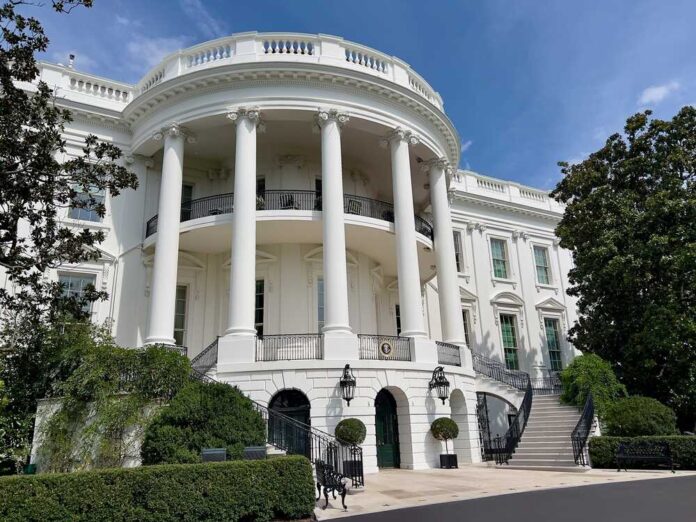Despite many controversies surrounding cryptocurrency, the White House said this week that it is currently opposed to a bipartisan bill that would regulate the digital currency.
The House passed the bill on Wednesday by a vote of 279-136. Known as the Financial Innovation and Technology for the 21st Century Act, or FIT 21, the bill would create a framework for when either the Commodity Futures Trading Commission or the Securities and Exchange Commission should regulate cryptocurrencies.
Digital assets such as cryptocurrency would be classified as commodities according to the bill, which would place them under regulation by the CFTC if the blockchain they run on is “functional and decentralized.”
If the blockchain were considered “functional but not decentralized,” then it would be considered a security and fall under the SEC’s purview.
On Wednesday, SEC Chair Gary Gensler issued a statement in which he made his opposition to the bill public, saying the law would “create new regulatory gaps and undermine decades of precedent regarding the oversight of investment contracts.”
He continued:
“The crypto industry’s record of failures, frauds and bankruptcies is not because we don’t have rules or because the rules are unclear. It’s because many players in the crypto industry don’t play by the rules.
“We should make the policy choice to protect the investing public over facilitating business models of noncompliant firms.”
For its part, the White House said it was worried the bill “lacks sufficient protections for consumers and investors” who are involved in some form of digital transaction.
That being said, the Biden administration didn’t outright say the president would veto the bill if the Senate were to pass it.
Before the House took its vote Wednesday, Democratic Representative Gerry Connolly of Virginia, the ranking member on the Subcommittee on Cybersecurity, Information Technology and Government Innovation in the House, released a statement that said:
“We need a robust regulatory framework for digital assets that spurs investment and innovation while protecting the public from the volatility, abuse and fraud we have seen in the crypto industry.”
That being said, Connolly commented:
“The Financial Innovation and Technology for the 21st Century Act is a missed opportunity to accomplish what should be a broadly shared goal — bringing some stability to an industry that has seen rampant speculation and major players collapse to nothing.
“Self-certification of compliance, regulatory carve-outs from proven and existing securities laws, and relaxed consumer protection guardrails simply do not meet the high standard of U.S. leadership in the global financial system.”
Gensler added in his own statement that the new bill would abandon a long-standing test the Supreme Court has used to classify securities. It would also allow issuers of the cryptocurrencies to self-classify the products they create as decentralized.
In doing so, this would remove them from having oversight from the SEC, since they’d be classified under law as digital commodities.
In essence, FIT 21, according to Democratic Representative Maxine Waters from California, would allow a wide swath of the cryptocurrency industry to operate under “a light touch regulatory regime” with the CFTC.














